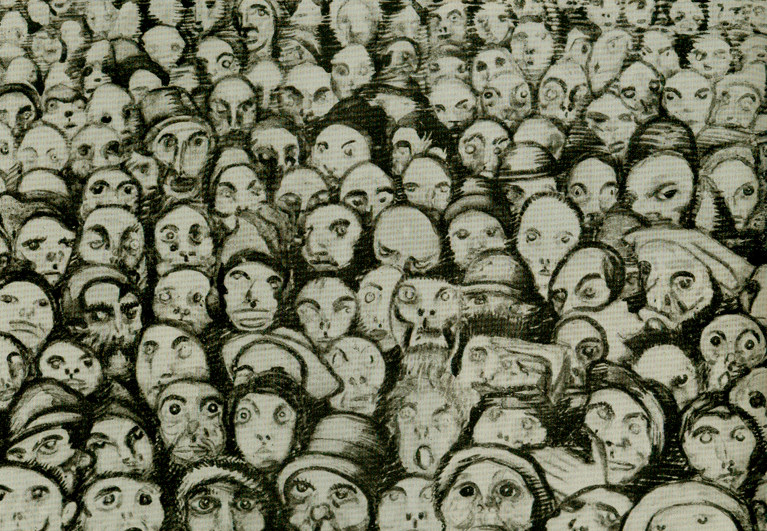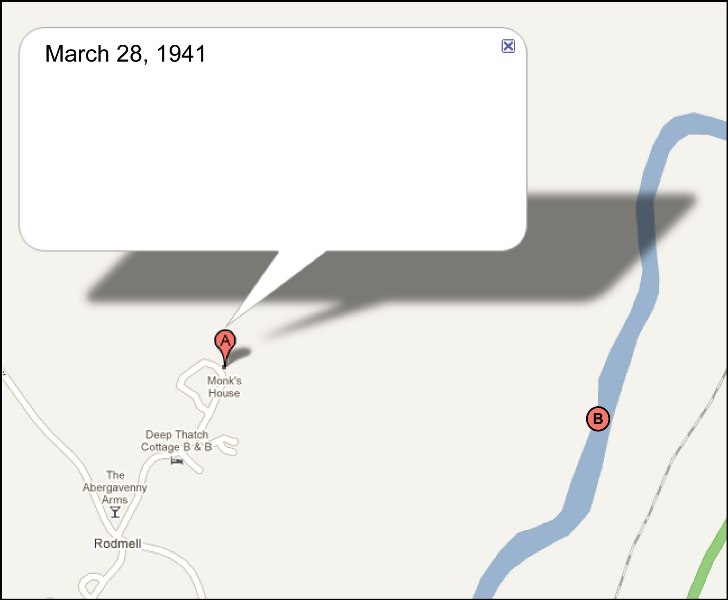 The stupendous fictioneer and performance artist Ben Hersey was just telling me about some forgotten camels. Apparently, back before he was President of the Confederacy, Jefferson Davis was Franklin Pierce’s Secretary of War, and he was convinced by some camel enthusiasts in the U.S. Army—veterans of conflicts with those nasty Native Americans in Florida—that camels would be a badass idea for soldiers in the Southwest. So Davis ordered some dudes off to Tunis to buy some camels. You can read more about the camel episode, but just imagine the spectacle of these pre-Civil War American soldiers bumbling around Northern Africa, haggling with camel dealers. It makes you want a Drunk History episode at least. It makes you wonder what other excellent narratives are floating around out there, recessed from canonical history for being too ridiculous or convoluted to explain. To fit. What are some of your favorite offshoots from history? After Google buys history, will this era be known for its “narrative neutrality?” Do we have nook and cranny concerns? Isn’t it fun on any storytelling level to break “history,” exposing everything as the subjective, harebrained, non-narrative shitstorm that experience really is? How long will it take someone to say “rhizome” if we talk about this? Should we take a shot when someone says it? Are histrionics truer than history? After the camels turned out to be a bust as military equipment, they were sold to zoos, circuses, and private ranchers. Why didn’t they work? Why didn’t camels become part of the military glory we call History?
The stupendous fictioneer and performance artist Ben Hersey was just telling me about some forgotten camels. Apparently, back before he was President of the Confederacy, Jefferson Davis was Franklin Pierce’s Secretary of War, and he was convinced by some camel enthusiasts in the U.S. Army—veterans of conflicts with those nasty Native Americans in Florida—that camels would be a badass idea for soldiers in the Southwest. So Davis ordered some dudes off to Tunis to buy some camels. You can read more about the camel episode, but just imagine the spectacle of these pre-Civil War American soldiers bumbling around Northern Africa, haggling with camel dealers. It makes you want a Drunk History episode at least. It makes you wonder what other excellent narratives are floating around out there, recessed from canonical history for being too ridiculous or convoluted to explain. To fit. What are some of your favorite offshoots from history? After Google buys history, will this era be known for its “narrative neutrality?” Do we have nook and cranny concerns? Isn’t it fun on any storytelling level to break “history,” exposing everything as the subjective, harebrained, non-narrative shitstorm that experience really is? How long will it take someone to say “rhizome” if we talk about this? Should we take a shot when someone says it? Are histrionics truer than history? After the camels turned out to be a bust as military equipment, they were sold to zoos, circuses, and private ranchers. Why didn’t they work? Why didn’t camels become part of the military glory we call History?
“The camels’ smell was also a bone of contention”
I haven’t even read this yet. But look who made it onto the list—
The 15 Most Overrated Contemporary American Writers
Wow—okay, I just read it. I’m filled with joy at the sheer ballsiness of this article—whether or not I agree with its methods or conclusions. What do you think?
Reading, you speak to yourself inside your head?
How bout when you’re writing?
Where does it go?
Hmm?
There’s a really interesting article in the Wall Street Journal about how language shapes thinking. (Thanks Robb Todd for the link.)
Some Thoughts On Book Reviews

Today I have been thinking about book reviews as tentacles of the book being reviewed, as an extension of the book, an addition to it. Like a book is a blog post and a review is the comment stream. Each blog post shares a symbiotic (parasitic?) relationship with its comment stream – unless, of course, you disable the comment stream, in which case you disallow the formation of direct extensions — of course someone could always do their own blog post linking to your post thereby forming an extension at their own site. In a way, thinking this way calls into question the notion of authorial sovereignty, which is to say: according to an older type of model, I write a book and therefore I am the author and I control the object — whereas in a newer type of model, if I write a book (or a blog post) the reviews (or the comment stream) can easily overtake the book (blog post) thereby pushing my role into the background and replacing it with whatever creation those extraneous appendages (comment streams) create, which is to say that my authority over the text gets taken out of my hands. But that’s not really where I want to go with this post. I don’t want to argue that a book review can somehow surpass the book being reviewed, because the whole reason I got on this mental pathway is because I have recently read a few book reviews that I thought were stand out pieces of literature in their own right – not better than the work being reviewed, but on par with it, as if the review was in some ways a productive extension of the book, a part of the book written by someone else…
August 6th, 2010 / 4:25 pm
It is Friday: Go Right Ahead
At the table inquire, “Anyone not for beer?”
Throw yourself about, do imitations, maybe even fight a little
x drinks drunk in y moments are more potent than x drinks drunk in 2y moments
He resolved, having done it once, never to move his eyeballs again
At least a hangover is the truth

Put a broad hand on the beer-engine!
Sometimes being a friend means mastering the art of timing
Have some bitter and go to the prom
Being drunk is one big ellipsis
Mayonnaise will remove stains
Some of Poe’s tales convey perfectly the idea of a hangover
I am a flashy dresser and I shout a lot!
I should stop, but it is OK to get drunk if a certain thing goes wrong. It has. So here I go
Marco Brambilla’s Civilization
Civilization by Marco Brambilla from CRUSH on Vimeo.
That apparently inspired this. Which just goes to show: inspiration is really not enough.

Haruki Murakami has a lot of issues (not talking about his various extra copies of The New Yorker in which he published) and being alienated in Tokyo with a hard-on is not one of them. Does thinking you have hypochondria make you a hypochondriac? What if you really suffer from thinking you suffer? I suspect Murakami, during and in between writing novels and their respective advances, has a handful of time on his hands — and should those hands be populated with parts of his failing body, then we are not to judge. Everyone loves a sensitive man, but lay off the Bengay.

